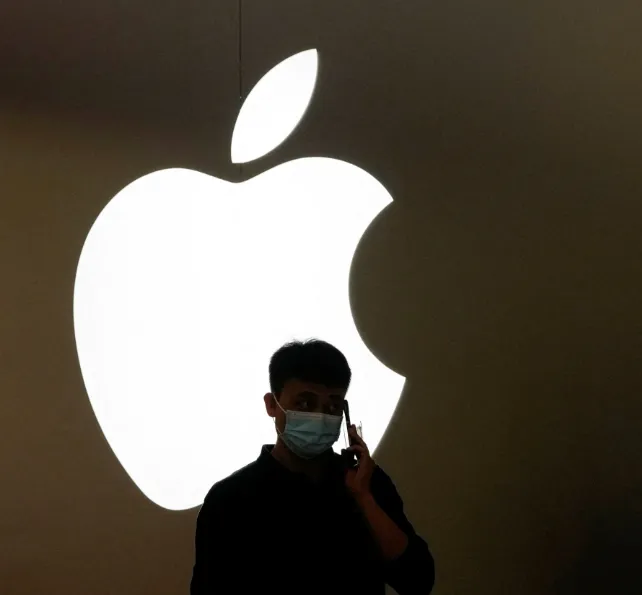A former Apple Store employee in Hong Kong has been handed a 13-month prison sentence after stealing 44 iPhones from the company’s Causeway Bay store. The individual, who was responsible for managing iPhone inventory, admitted to taking the devices over a three-month period in 2020.
The theft was discovered when a supervisor noticed several missing iPhones. An investigation, aided by security footage, revealed the employee’s involvement, leading to his arrest and subsequent firing in early 2021.
The Theft and Aftermath
The former employee confessed to selling the stolen iPhones at the Mong Kok night market, a well-known shopping district in Hong Kong famous for electronics. He also attempted to transfer the stolen goods’ value via a bank transaction. In addition to his prison sentence, the court ordered him to pay HK$32,000 (around $4,100) in restitution to Apple.
A Broader Trend of Apple-Related Theft
This case is just one example of a larger pattern of Apple-related thefts occurring globally. Recently in Southern California, two individuals were arrested for using QR codes obtained through Telegram to steal MacBooks. In these instances, customers who arrived at Apple Stores found that their orders had already been fraudulently claimed.
Additionally, the U.S. Department of Justice announced that six Chinese nationals pleaded guilty to their roles in a massive iPhone return scam that defrauded Apple of over $16 million.
The Global Reach of Apple Theft
These incidents point to a worrying trend of Apple-related crimes spreading across the globe. From retail stores in Hong Kong to supply chains in the U.S., criminals continue to target Apple’s high-demand products. Despite Apple’s sophisticated inventory checks and tracking systems, these crimes show that both employees and organized crime rings are still able to exploit gaps in the system.
What Consumers Should Know
For consumers, these cases serve as a reminder to be cautious when purchasing products from third-party marketplaces or handling returns. Scams are becoming more prevalent, and it’s important to verify purchases and transactions.
For Apple, the challenge of safeguarding its products from increasingly inventive criminals continues to grow.
